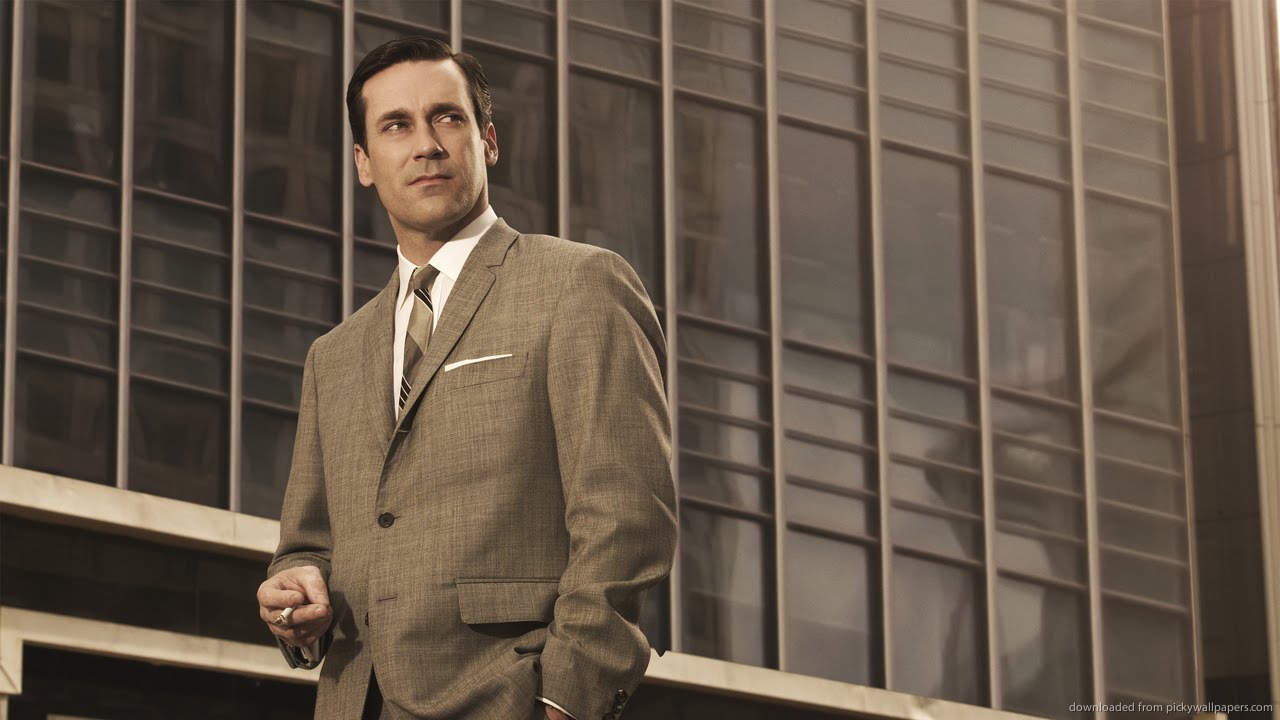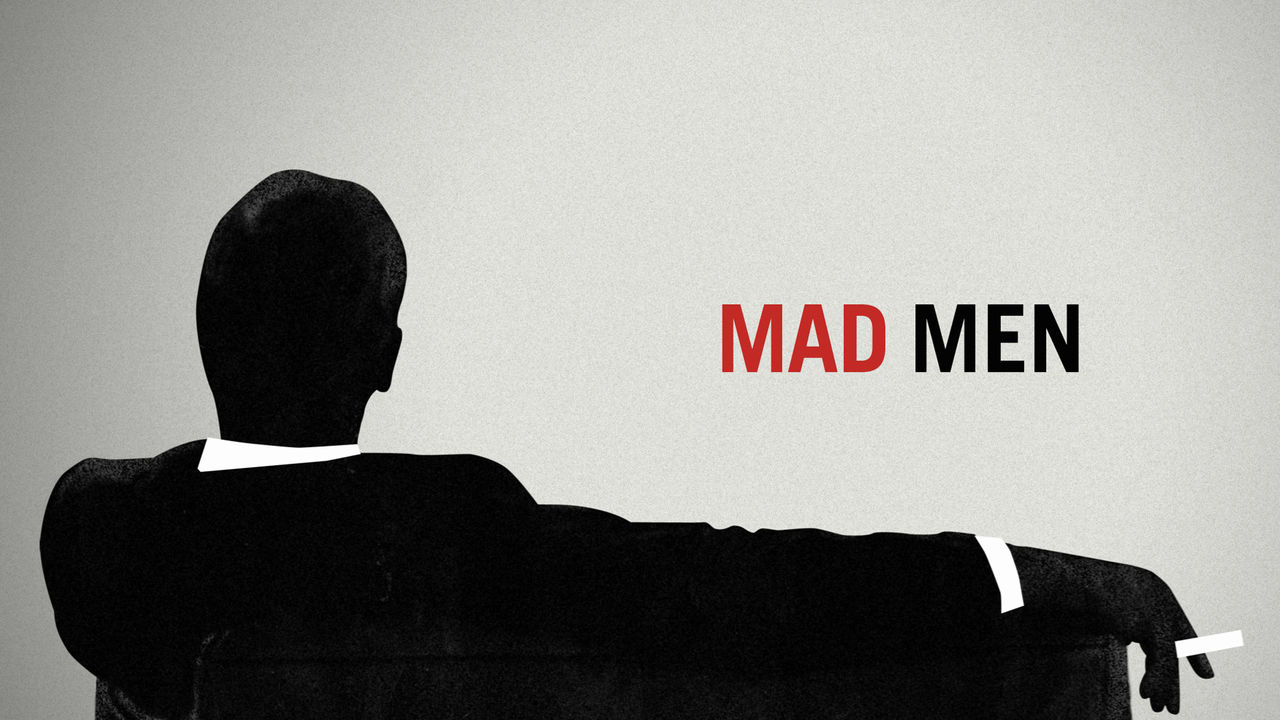Mad Men: Unfamiliar Gestures - Part 2
Jayne English
 Read Part I here
Read Part I here
“It may be the coldest day of the year, what does he think of that? I mean, what do I? And if I do, perhaps I am myself again.” —Frank O’Hara
What effect are these new gestures having on Don Draper? Does he feel more like himself again? Would that be a good thing? Or are the gestures leading to something better, something blended of the Dick Whitman he was and the Don Draper he had become? On his trip west, after giving his car away to the young man who reminded him a lot of himself, Draper sits alone at a bus stop. He looks like a drifter, except for the bag of money in his lap. He ends up at the Bonneville Salt Flats and puts his money and mechanical talents behind two guys trying to break the land speed record. These last episodes are filled with generous gestures, so different from the selfish gestures that had been the pathway to creating Don Draper. They show him not in command, but helping others take command. He looks up Stephanie, to find a way to help her, because he feels like he has a responsibility toward her, for Anna’s sake.
Stephanie drags Don to a retreat on the coast. She leaves suddenly without him after an emotional confrontation with a woman about the child she gave up. Stranded at the retreat, he feels the full weight of the misery that propelled him on his quest and now includes sorrow over Betty’s pending death. Her words were sounding in his ears, “I want to keep things as normal as possible. And you not being here is part of that.” Don calls Peggy and agonizes, “I messed everything up. I’m not the man you think I am.” When she asks him, “What did you ever do that was so bad?” his answer reveals the depths he’s been searching, “Broke all my vows, scandalized my child, took another man’s name and made nothing of it.”
An attendee comes up to Don as he sits on the ground by the phone. He looks so distraught she thinks he is on a bad trip. She invites him to a session she is late for, on the pretense of not wanting to walk in alone.
During the session, Don listens closely to a man named Leonard who describes how his office job and his family leave him feeling invisible. He tells about a dream he had that describes how even though his family is kind and happy, they don’t seem to include him, they leave him sitting on the refrigerator shelf and close the door, making the light go out. At that point, the man starts to cry. At first, you think maybe he’s laughing over the refrigerator dream. But then you realize he’s weeping. As the man’s easy going facade crumbles, Don gets to his feet and walks over to him. Some have said that Don Draper never changes. But here is a gesture unlike any he has ever made. He gets down on one knee before Leonard, who no doubt would have been his subordinate in an office setting, he wraps his arms around him, but not just to comfort him. Don puts his head on Leonard’s shoulder and sobs with him. It was a gesture another Whitman expressed this way, “I do not ask the wounded person how he feels, I myself become the wounded person.” Don Draper relates to this invisible man because his own identity has been so elusive.
The next morning, Don stands watching the ocean on the edge of a cliff. Did you think for a second he might throw himself off? He breathes the sea air, watches the sun come up. Was he ever so clear eyed and unhungover first thing in the morning? Later, sitting cross-legged in a group meditation, while concentrating on his mantra, the idea for the Coke ad comes to him, he smiles.
Did Don Draper go back east and pick up where he left off, to work his way into a partnership at McCann Erickson? Don Draper changed, that fact is revealed in his expansive gestures. This kind of transformation results in lifestyle changes. Rather than going back east, it’s more likely that he bought a house on the beach and became an advertising consultant. California was always the better coast for Don. It’s where he visited Anna, proposed to Megan, and got away from his New York problems. Like Joan who celebrated the good and bad of her climb to independence by calling her production company Holloway-Harris (“you need two names to make it sound real” she told Peggy), Don might call his company Whitman-Draper, reconciling the two parts of who he has become, and as a nod to this other poet he would relate to. Maybe it was this Whitman Matthew Weiner had in mind all along who said, “A writer can do nothing for men more necessary, satisfying, than just simply to reveal to them the infinite possibilities of their own souls.”
Didn’t we know, out of all the possibilities, that he’d land on his feet? There he was every week at the end of the fall sequence, comfortably settled on the sofa, white collar and cuffs, cigarette in hand.
(Don’t miss Don Draper reading Frank O’Hara’s poem.)
